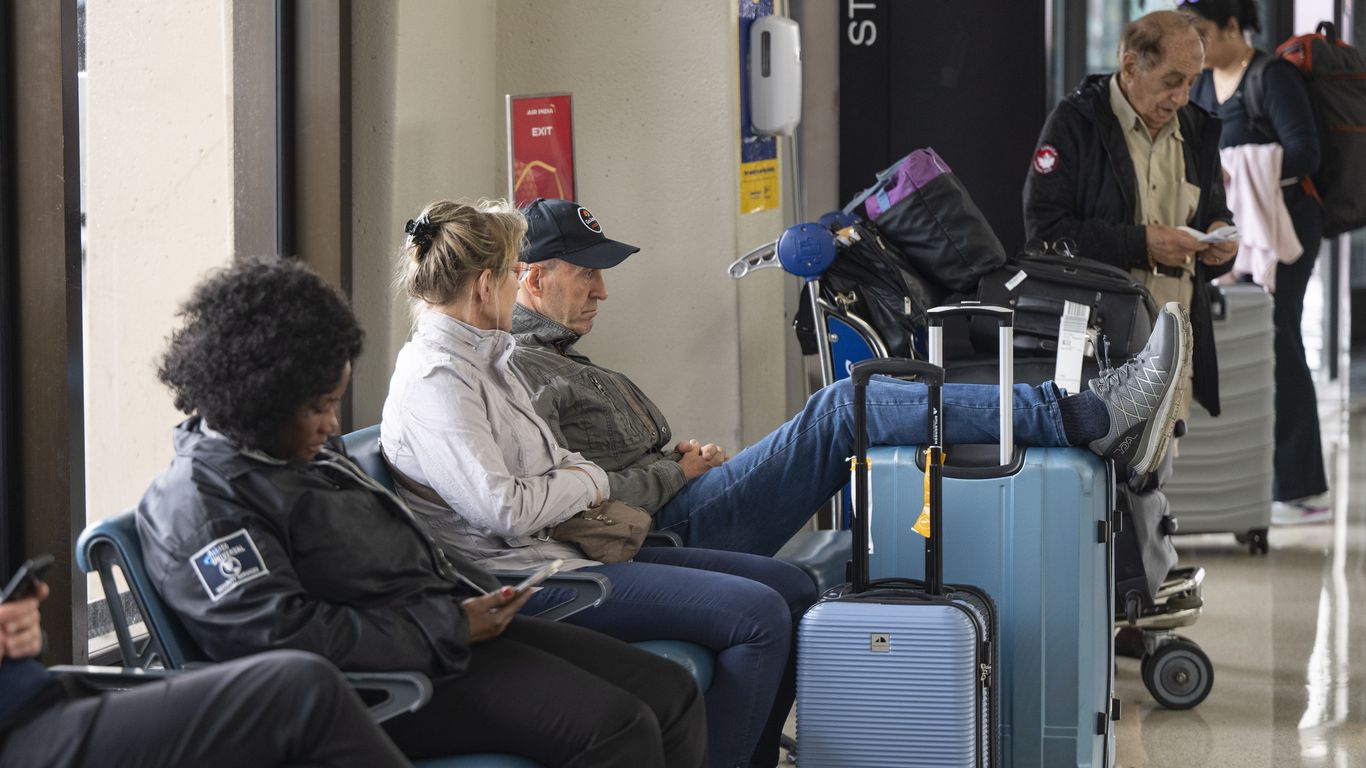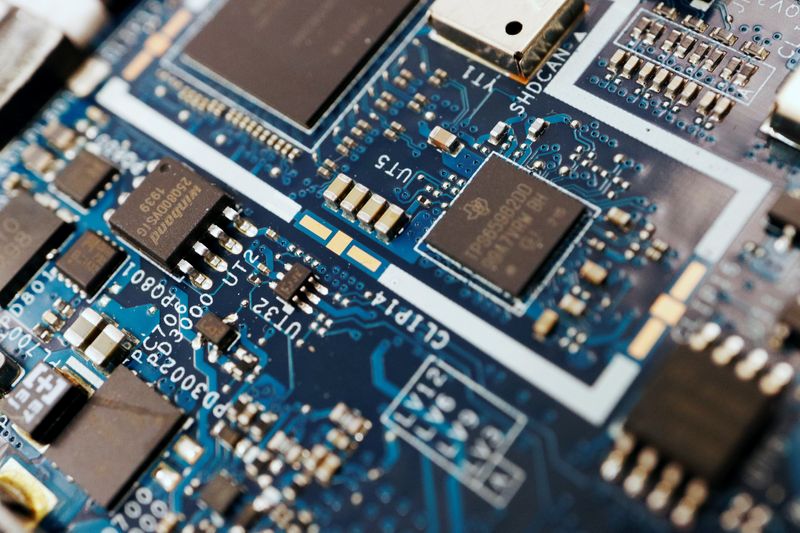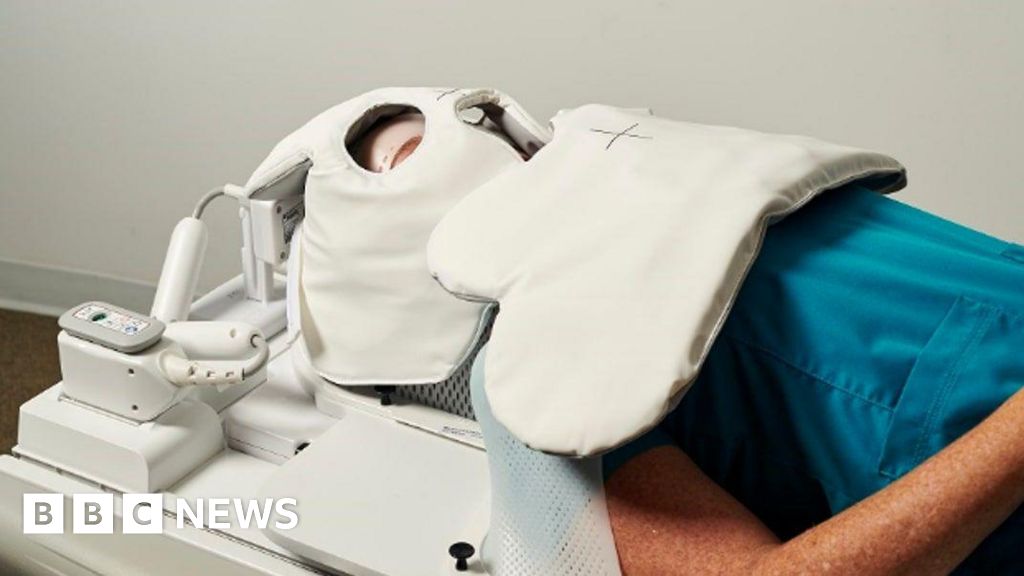Newark Airport Overhaul: FAA Announces Tech Upgrades to Tackle Ongoing Delays

Newark Liberty International Airport (EWR) has faced a week of significant disruptions and delays, prompting swift action from the Federal Aviation Administration (FAA). In response to recent technology failures contributing to the chaos, the FAA announced a comprehensive plan on Wednesday to upgrade critical systems and processes at the New Jersey hub. This isn't just a quick fix; it's a commitment to long-term stability and improved passenger experience at one of the nation's busiest airports.
What Caused the Delays?
The recent issues stemmed from a combination of factors, with technology malfunctions playing a key role. While the FAA hasn't released exhaustive details, early reports suggest problems with air traffic control equipment and communication systems contributed to the slowdown. These failures cascaded, impacting flight schedules and leaving thousands of passengers stranded or facing lengthy delays. The high volume of air traffic at Newark, a major gateway for both domestic and international flights, amplified the impact of these technical glitches.
The FAA's Upgrade Plan: What's Involved?
The FAA’s upgrade plan is multifaceted and aims to address the root causes of the recent problems. While specifics are still being finalized, key areas of focus include:
- Modernizing Air Traffic Control Systems: This will likely involve replacing aging hardware and software with more reliable and efficient technology. The goal is to improve the accuracy and speed of flight tracking and routing.
- Enhancing Communication Infrastructure: Improved communication between air traffic controllers, pilots, and ground personnel is crucial. The FAA will invest in upgraded communication networks to minimize misunderstandings and ensure seamless coordination.
- Redundancy and Backup Systems: A critical component of the plan is the implementation of robust backup systems. This will ensure that even if one system fails, there's a readily available alternative, preventing further disruptions.
- Staff Training: The FAA recognizes the importance of having well-trained personnel who can operate and maintain the new technology. Expect to see increased training programs for air traffic controllers and other airport staff.
Impact on Passengers and Airlines
The upgrades are expected to have a positive impact on both passengers and airlines. Reduced delays mean less stress for travellers and decreased operational costs for airlines. However, the implementation of these upgrades might cause some short-term disruptions. The FAA is working closely with airport authorities and airlines to minimise these impacts and keep passengers informed.
Looking Ahead: A Commitment to Reliability
The FAA's commitment to upgrading Newark Airport reflects a broader effort to modernize the nation's air traffic control system. These upgrades are not just about addressing the immediate problems; they're about building a more resilient and reliable aviation infrastructure for the future. Passengers flying in and out of Newark can expect to see significant improvements in the coming months and years, leading to a more predictable and enjoyable travel experience. The FAA has pledged transparency throughout the upgrade process, promising to keep the public informed about progress and any potential disruptions.





